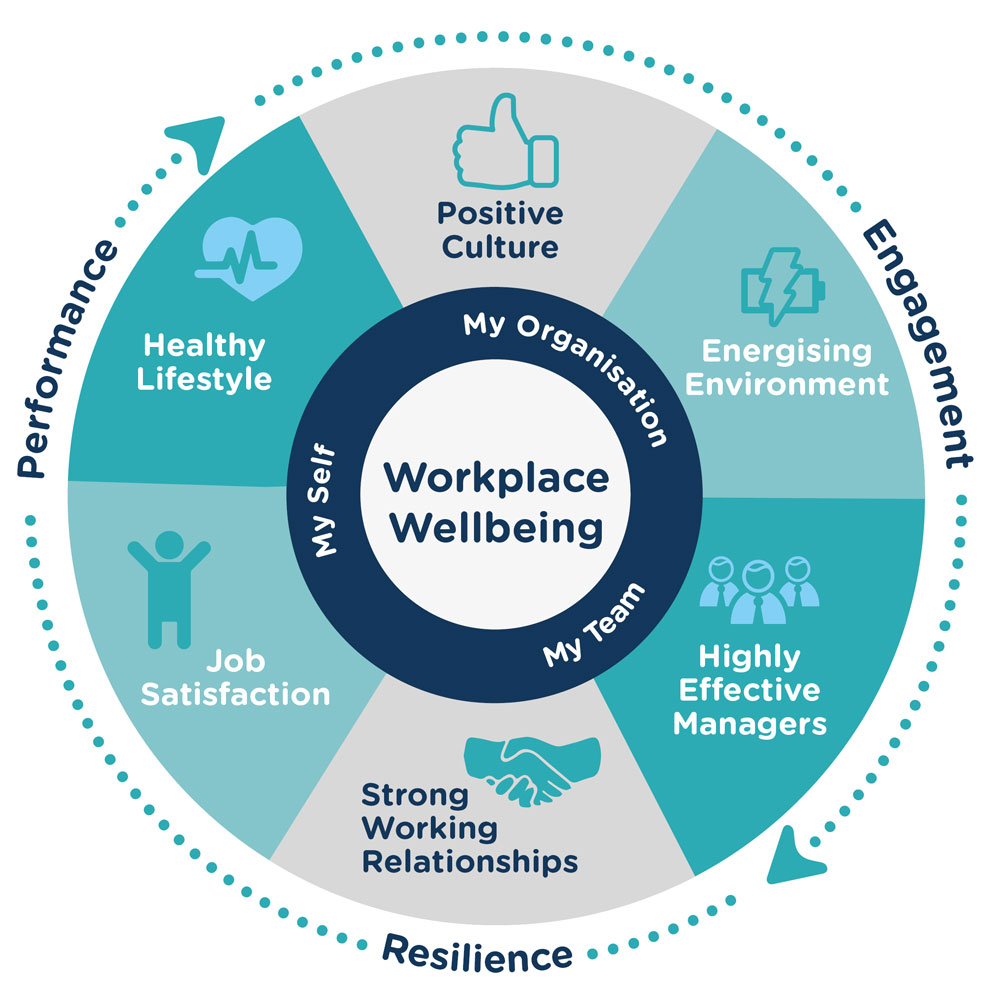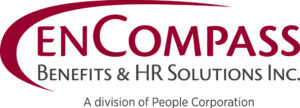With all that has taken place globally within the last year, Employee Wellbeing has never been so prevalent. The emphasis surrounding this topic includes everything from employees being vaccinated, mo re mental health resources being offered and more encouragement towards a healthy work/life balance.
re mental health resources being offered and more encouragement towards a healthy work/life balance.
The pandemic has taught us to adjust our professional and personal routines. New ways of doing business have been introduced, and many of us have had to teach our children while working from home full time.
Now that things are starting to open up, how can we continue to shed light and emphasis on employee wellbeing? As employers and employees alike, what are our responsibilities and how are we going to continue to make this work for the way we do business?
There has been a direct correlation between the number of Canadian residents being vaccinated and the numbers of COVID cases dropping. Historically, vaccines have been beneficial in enabling us to fight diseases such as Polio, Whooping Cough, Tuberculosis and more.
Do we need legislation for vaccines?
In the absence of legislation, an employer cannot force an employee to be vaccinated. However, an employer may be able to implement policies which require vaccination if an employee wishes to remain employed. HRInsider April 2021
In a recent article, the Canadian HR Reporter stated that about 50% of Canadian who want to return to their workplace would not be comfortable if some of their colleagues are not vaccinated. Can you ask if an employee has been vaccinated? What about a policy for vaccinations?
The Canadian Underwriter, April 9, 2021 article by Greg Meckbach, quotes Calgary lawyer Adam LaRoche in the following. “Whether or not an individual is vaccinated is considered sensitive personal health information”, LaRoche said in an interview. “That said, once the majority of the population is vaccinated, there may be circumstances under which an employer is justified in asking workers for their vaccination status. In any case, the employer would have to keep information on the vaccination status of individual workers confidential, only releasing aggregate statistics to the work force as a whole.”
But LaRoche says employers need to consider the following three things before they even ask workers whether or not they have received the vaccine:
- The realistic risk posed by COVID-19 to the workplace;
- Any accommodations that would have to be made for protected grounds under human rights legislation, such as a disability that makes them high risk for side effects or religious beliefs;
- Whether or not wearing masks and physical distancing in the workplace would be sufficient to protect the work force without needing to disclose to everyone in the workplace what percentage of workers have been vaccinated.
“An employer should develop a policy that considers these three issues before collecting vaccination status from workers”, said LaRoche.
CLHIA Quote: “Getting the vaccine will not affect your insurance coverage. No one should be afraid and choose to not protect themselves from COVID-19 because they are worried about it affecting their benefits. All of Canada’s life and health insurers are supportive of Canadians receiving government approved vaccinations to protect themselves from serious illness and death.”
As always, please reach out to your advisor if you have questions.


